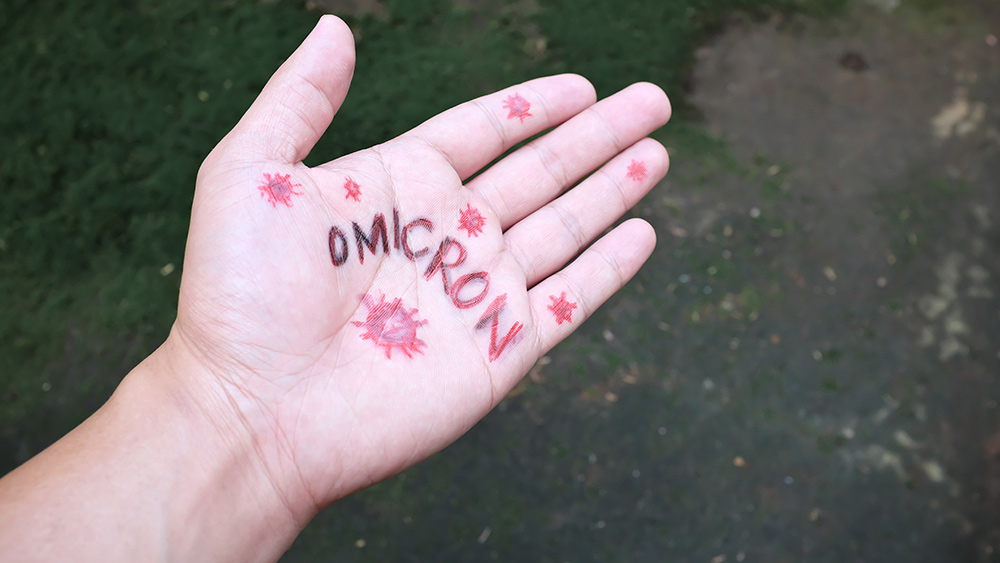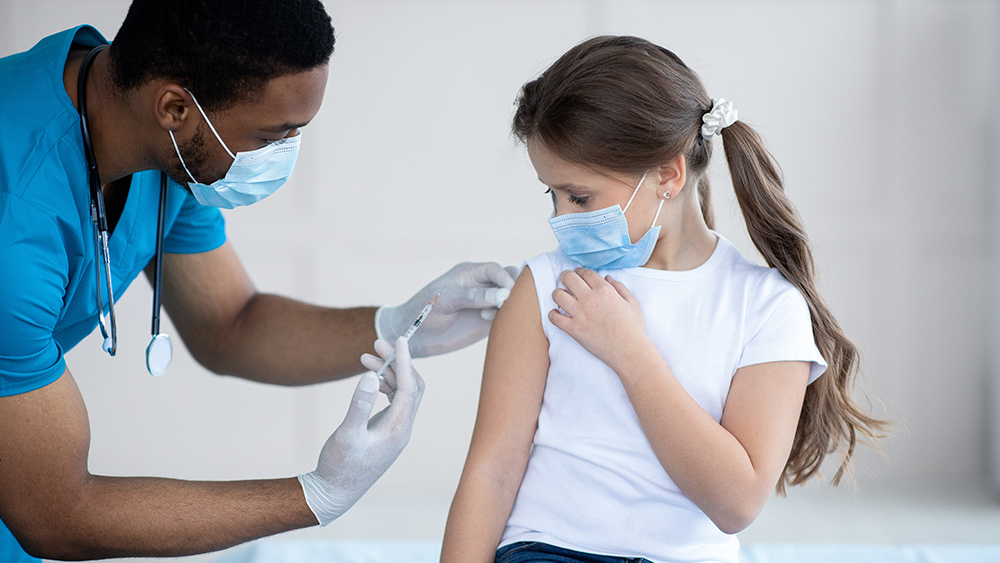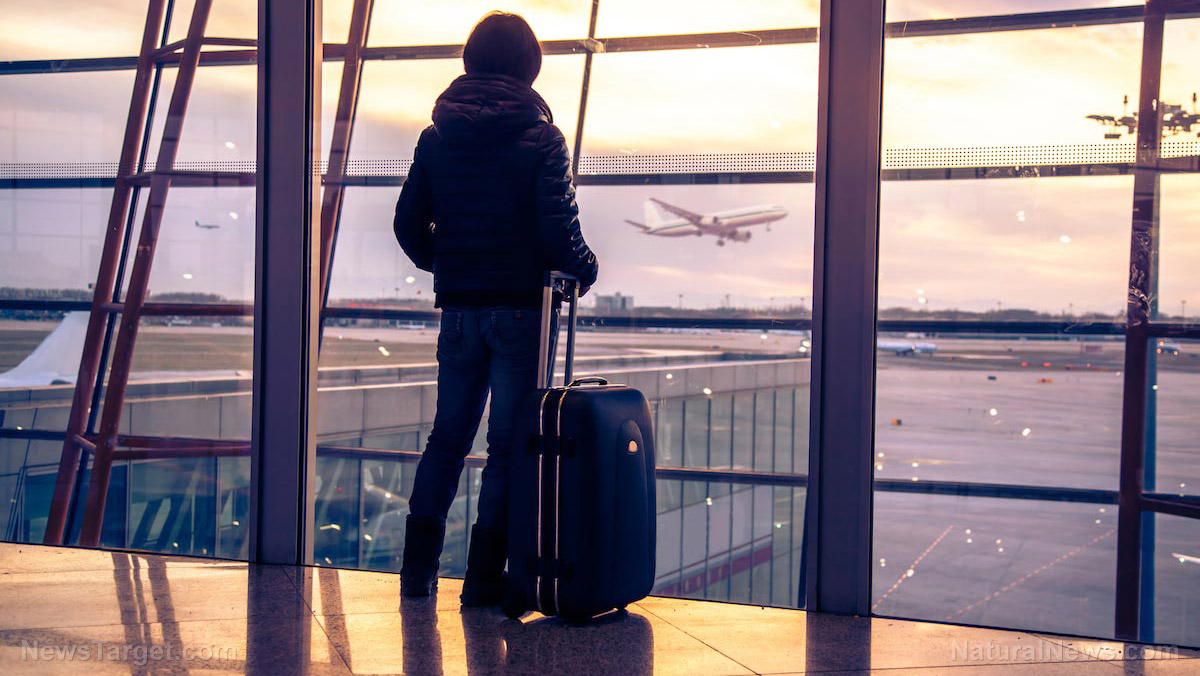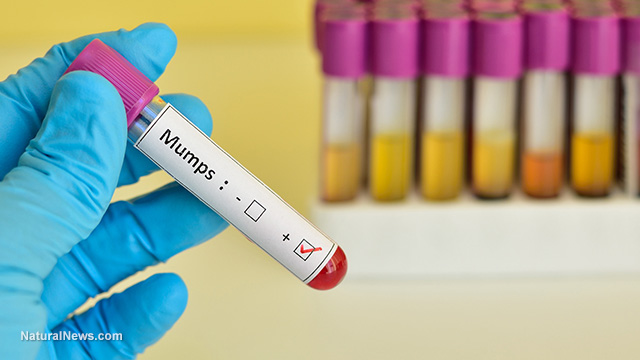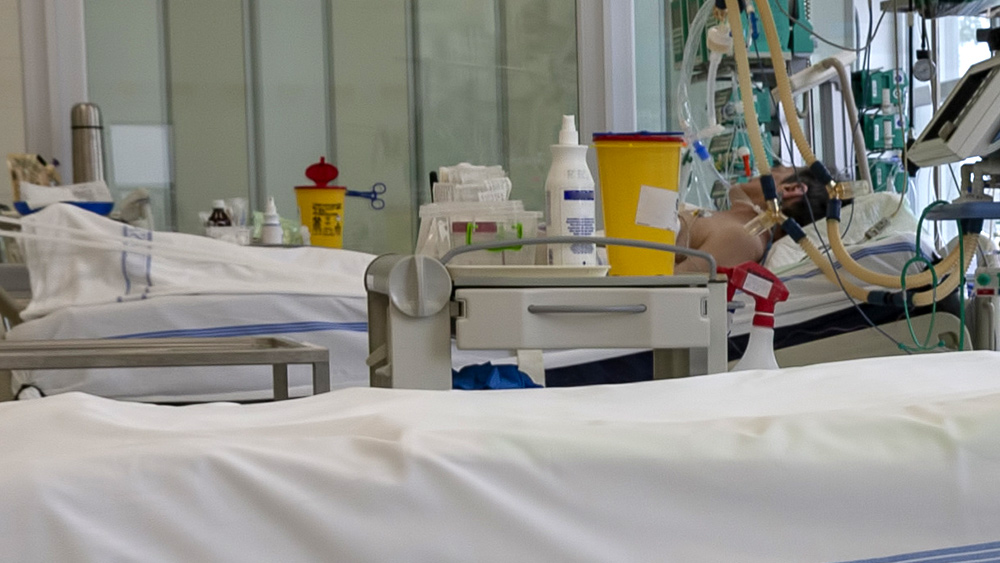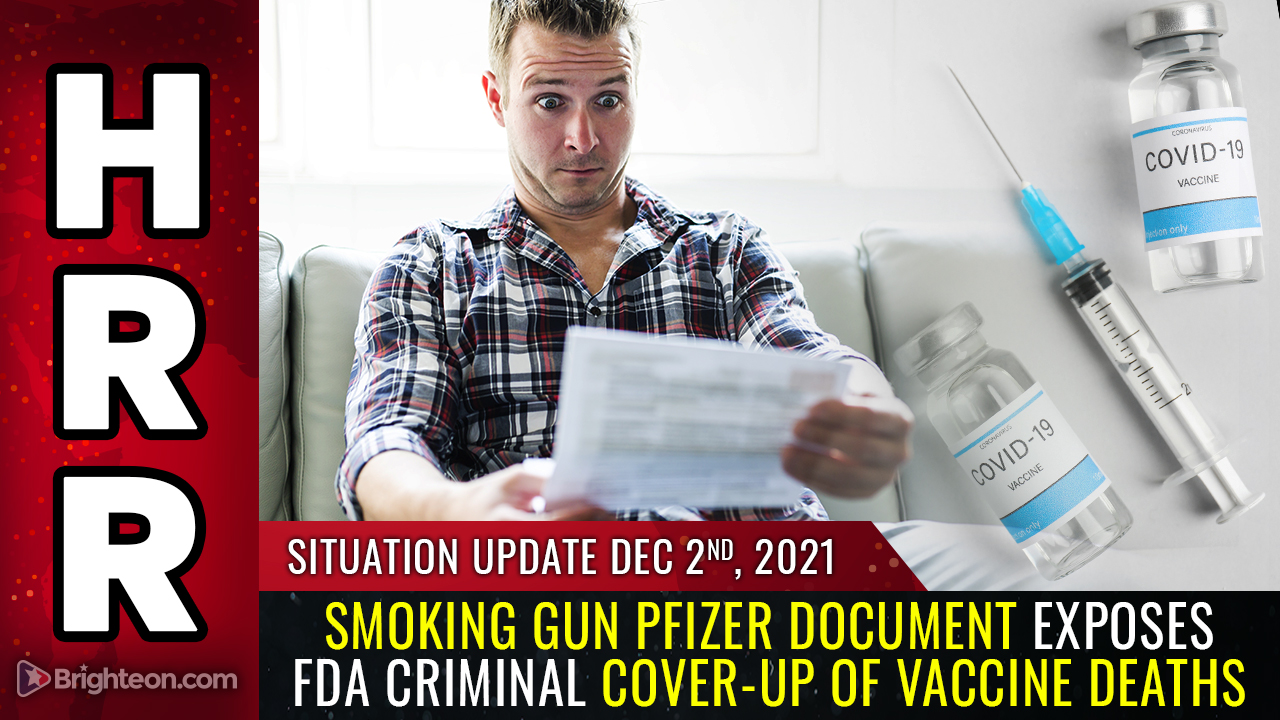Federal agencies go against science by pushing approval of COVID-19 vaccines for children
11/11/2021 / By Mary Villareal
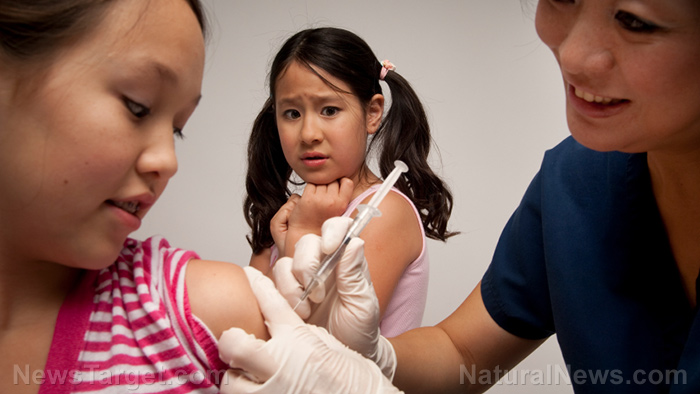
Both the Food and Drug Administration (FDA) and the Centers for Disease Control and Prevention (CDC) went against science and approved the Wuhan coronavirus (COVID-19) vaccine for children aged five to 11.
For most parents, this would mean that they will need to submit their children for vaccination despite studies of healthy children rarely ever getting infected with the disease, or watch as public education and other services are denied to their children.
President Joe Biden’s plan of quickly rolling out vaccines to young children is meeting growing resistance as there are many parents who believe inoculation is not necessary for the aforementioned age group. Even parents who have been vaccinated themselves are opposed to vaccinating their children as they worry about long-term side effects.
Colorado began vaccinating children ages five to 11 after the CDC gave its go-ahead. However, as the state launched its campaign to administer shots to nearly 500,000 children in that age group, parents still continue to be wary of giving their consent.
Matthew Daley, a pediatrician and senior investigator for Kaiser Permanente Colorado Institute for Health Research said that parents always want to do the best for their children. “They may be more risk-averse about their child,” he said.
Colorado public health and medical experts said that the Pfizer COVID-19 shot is safe for children in this age group. “The scrutiny these vaccines are under from our regulatory agency is pretty intense. We wouldn’t put it out there if we didn’t think it was safe and the benefit didn’t outweigh the risk. There’s a lot of hope for optimism,” said Dr. Lalit Bajaj, a pediatric emergency medicine physician at Children’s Hospital Colorado.
The arrival of the vaccine for children comes as COVID-19 cases begin to rise once more, and state officials are concerned that the approaching holidays and flu season could place further pressure on hospitals.
The latest surge in cases began when children returned to school, spurring an increase in infections among adolescents. Children can also spread the virus to others, including people with a higher risk for complications, according to officials.
“Getting our children vaccinated now is an important thing we can all do before gathering with our families over the holidays,” said Colorado state epidemiologist Rachel Herlihy. (Related: Study: COVID-19 vaccine poses significant risks to children’s health.)
Parents worried about side effects
One-third of American parents plan to wait and see how well the COVID-19 vaccine works before inoculating their younger children, while another 30 percent said they won’t get their children vaccinated at all. The remaining 27 percent said that they will let their children be inoculated “right away.”
Among the leading reasons for this is that they are still unsure about the effects of the vaccine on their children.
A father of an 11-year-old said that he is worried about the size of the Pfizer vaccine trial, which studied the safety of the vaccine in about 3,100 children. He said he feels it wasn’t large enough to catch side effects and would prefer to wait until around two million doses have been delivered to see how they work.
The study of Pfizer’s vaccine found that children in the five to 11 age group were less likely than teens or young adults to immediately experience temporary vaccine side effects, possibly because the children’s dose is lower. However, it still involves two shots, given three weeks apart.
Get more COVID-19 vaccine updates at Pandemic.news.
Sources include:
Tagged Under: Big Pharma, CDC, children's health, coronavirus vaccines, covid-19, FDA, infections, medical fascism, outbreak, pandemic, pharmaceutical fraud, Resist, Vaccine dangers, vaccine wars
RECENT NEWS & ARTICLES
COPYRIGHT © 2017 CDC NEWS







